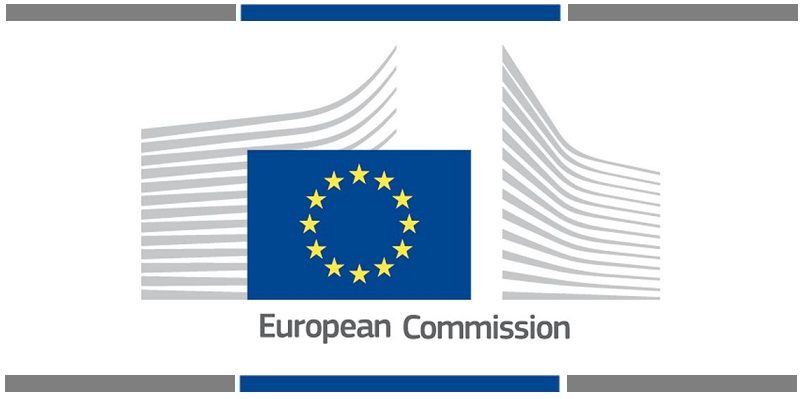
The European Parliament and the Council will most likely publish the PSD2 revision proposal on June 28, NOCASH has learned. Experts appreciate the proposal as an evolution and not a revolution of PSD2. The topic will be discussed at length on June 29 at the Unchain Fintech Festival, in the panel with the theme „Talk open banking to me”. The National Bank of Romania will participate in the discussions.
The proposed revision of PSD2 features in the Commission Work Programme (CWP) for 2023, along with a planned legislative initiative on Open Finance, extending financial data access and use beyond payment accounts, and also to more financial services.
A proposal for an EU legal framework on Open Finance is presented together with the two proposals to amend PSD2; that proposal covers access to financial data other than payment account data, which remains covered by payments legislation. The Open Finance proposal foresees a review a certain time after application of that framework, to ascertain whether account information services could be transferred from the retail payments legal framework to the Open Finance legal framework without disruption.
Proposal for a DIRECTIVE OF THE EUROPEAN PARLIAMENT AND OF THE COUNCIL on payment services and electronic money services in the Internal Market amending Directive 98/26/EC, and repealing Directives 2015/2366/EU and 2009/110/EC
Context of the proposal
The second Payment Services Directive (PSD2) provides a legal framework for all retail payments in the EU, Euro and non-Euro, domestic and cross-border. The first Payment Services Directive (PSD1), adopted in 2007, established a harmonised legal framework for the creation of an integrated EU payments market. Building on PSD1, PSD2 addressed barriers to new types of payment services and improved the level of consumer protection and security. Most of the rules in PSD2 have been applicable since January 2018, but some rules (e.g. on Strong Customer Authentication, hereafter SCA) have applied only since September
2019.
PSD2 contains both rules on the provision of payment services by Payment Service Providers, and rules on the licensing and supervision of one specific category of Payment Service Providers, namely Payment Institutions. Other categories of Payment Service Providers include notably credit institutions, which are regulated under EU banking legislation, and Electronic Money Institutions, which are regulated under the Directive on Electronic money.
The Commission’s 2020 Communication on a Retail Payments Strategy (RPS) for the EU laid down the Commission’s priorities regarding the retail payments sector for the present Commission college mandate. It was accompanied by a Digital Finance Strategy, setting out priorities for the digital agenda in the finance sector other than payments. The RPS announced that “at the end of 2021, the Commission will launch a comprehensive review of the application and impact of PSD2”. This review was duly undertaken, essentially in 2022, and led to a decision to propose legislative amendments to PSD2, in order to improve its functioning. These amendments are spread over two proposals, the present proposal for a Directive on licensing and supervision of payment institutions (and amending certain other Directives) and a Regulation on payment services in the EU.
Banking 4.0 – „how was the experience for you”
„So many people are coming here to Bucharest, people that I see and interact on linkedin and now I get the change to meet them in person. It was like being to the Football World Cup but this was the World Cup on linkedin in payments and open banking.”
Many more interesting quotes in the video below: